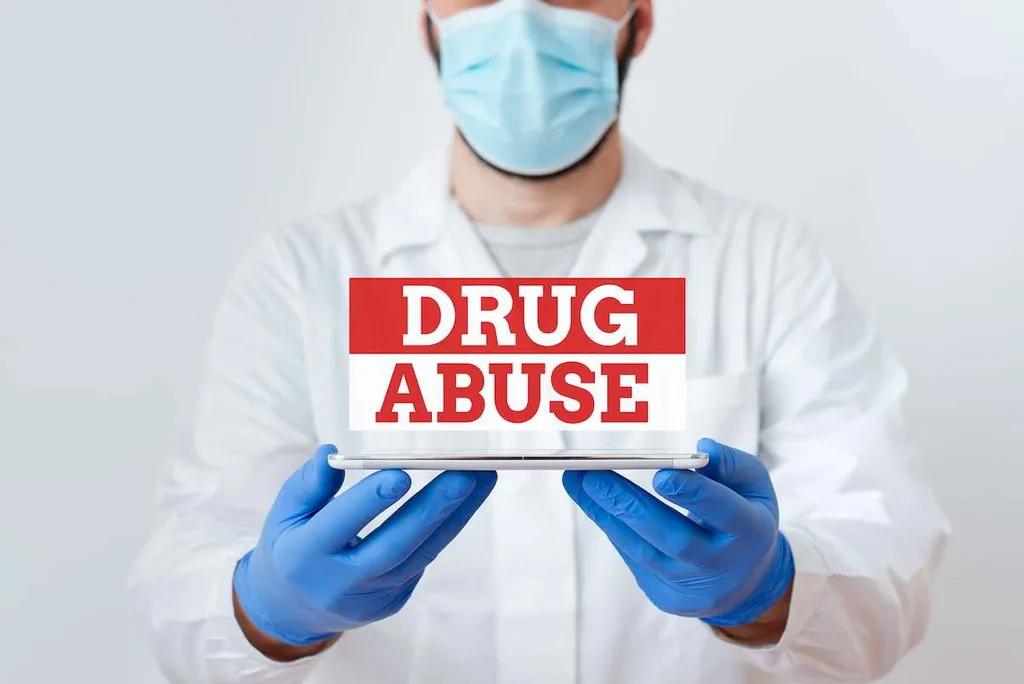Does alcohol make you bruise easily?

Alcohol can also cause dehydration, which can make your Halfway house skin look more wrinkled. So it’s probably not a good idea to drink alcohol shortly after having botox injections. Many people have experienced the discomfort of a blood draw, whether it be for medical reasons or routine testing.
- The best approach to prevent alcohol-induced bruising is to minimize or stop consuming alcohol in large volumes.
- Yes, liver problems can lead to bruising due to impaired blood clotting and reduced platelet production.
- They may recommend tests like a complete blood count (CBC) or liver function tests (LFTs) to assess your overall health status.
How Mindful Drinking Helps Improve your Physical Wellness
This is because alcohol here is safe to consume as long as one drinks in moderation. In fact, in moderation, alcohol has been found to have protective effects against cardiovascular disease. You should avoid alcohol though if you are an alcoholic or are recovering from alcohol addiction.
Can alcohol-induced bruising be a sign of an underlying medical condition?
- I have been doing the sessions for the last few weeks and it has been a life changer experience.
- Individuals with thin or sensitive skin may be more prone to bruising, regardless of alcohol consumption.
- When you want to unlock your front door to go home after a night of drinking, you see the lock, and your brain sends a signal to your hand to move the key toward it.
- My compassion, resilience, empathy, wisdom, knowledge, experience and love I have for this forgotten population goes beyond words.
- Well, alcohol intake may lead to night sweats by speeding up your heart rate and widening your blood vessels, triggering the release of perspiration.
- Platelets help the blood clot, so a low do you bruise easier when drunk level of them can cause easy bruising.
Alcohol would help one fall asleep sooner, but it does interrupt deeper stages of restorative sleep, especially REM. Poor sleep increases inflammation and diminishes immune function while impeding healing. The potential for bruising grows, as even sleep can alcohol cause bruising of poor quality may not allow that quality repair of damaged blood vessels to take place. Chronic drinking makes the liver incapable of performing its work, and the levels of the proteins become deficient.
- Each of these conditions impairs the liver’s ability to produce clotting factors, thus increasing the risk of easy bruising.
- When alcohol impairs liver function, it decreases these proteins, increasing the likelihood of bruises after drinking alcohol.
- The liver plays a crucial role in producing proteins that help with blood clotting.
- A person may also develop a tolerance for alcohol, meaning that they need larger and larger amounts to obtain the desired effects.
- This can help identify accident-prone behaviors to be more mindful of in the future.
- But some people who drink face a risk of developing this chronic and progressive disease, which affects roughly 1 in every 8 Americans and contributes to about 88,000 deaths annually.
Warning Signs of Alcoholism

Alcohol has several effects on the body that can increase the likelihood of bruising. It can impair liver function, which in turn affects the production of clotting factors necessary for blood coagulation. Additionally, excessive alcohol consumption can weaken blood vessels, making them more susceptible to damage from minor impacts or injuries. It affects more men than women and is fatal 10 to 20 percent of the time. These physiological changes contribute to the increasing tolerance seen in early-stage alcoholics. Despite heavy alcohol consumption, they may show few signs of intoxication or ill effects from drinking, such as a hangover.

Long-Term Impact of Alcohol on Bruising and Bleeding
These changes not only help reduce the risk of further complications but also promote overall well-being post-recovery. Hello, my name is Ben Lemmon, and I’m the Vice President and Clinical Director at Ohio Community Health Recovery Centers. I’ve been working in the addiction and mental health field since 2013 and decided to enter the field after overcoming my own challenges with addiction. I am a licensed social worker.In my scope of practice I have worked in the areas of mental health and recovery for thirty years. The clients I have worked with in my career have ranged in age from seven to seventy.
Reaction Time
Chronic alcohol consumption can severely damage liver function, leading to conditions such as cirrhosis or fatty liver disease. When the liver is compromised, it may not produce sufficient clotting factors, increasing the likelihood of bruising even from minor injuries. Chronic drinking impairs the liver’s ability to produce essential clotting factors, making individuals more susceptible to bruising from minor injuries. The liver plays a crucial role in maintaining overall health, particularly in the production of proteins necessary for blood clotting. These proteins, known as clotting factors, are crucial for stopping bleeding when injuries occur. When the liver is compromised due to various conditions such as cirrhosis, hepatitis, or fatty liver disease, its ability to produce these proteins diminishes.

Additionally, chronic alcohol consumption can lead to deficiencies in certain vitamins and minerals, particularly vitamin K, which plays a crucial role in blood clotting. Deficiencies in vitamin K can exacerbate bruising and prolong the healing process. Furthermore, alcohol can impair judgment and coordination, increasing the risk of falls and injuries that result in bruising.
